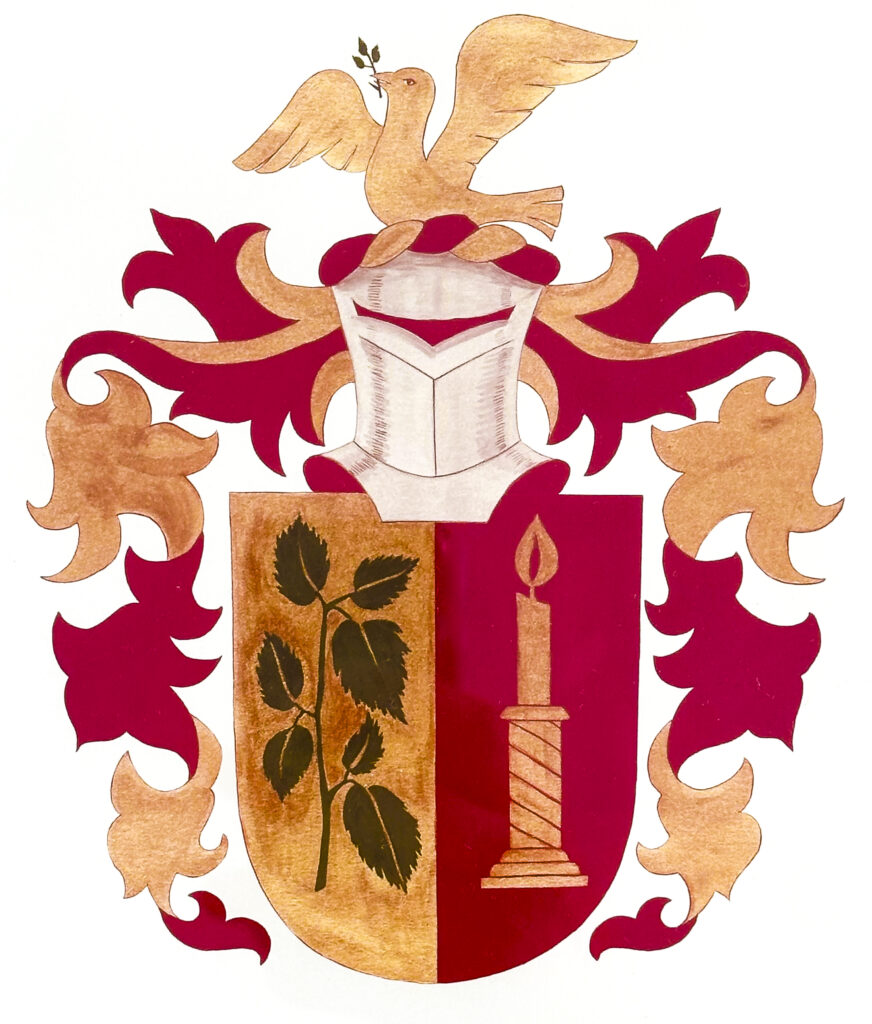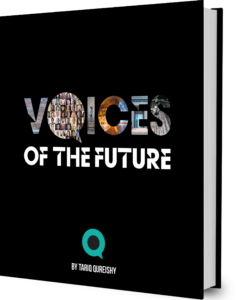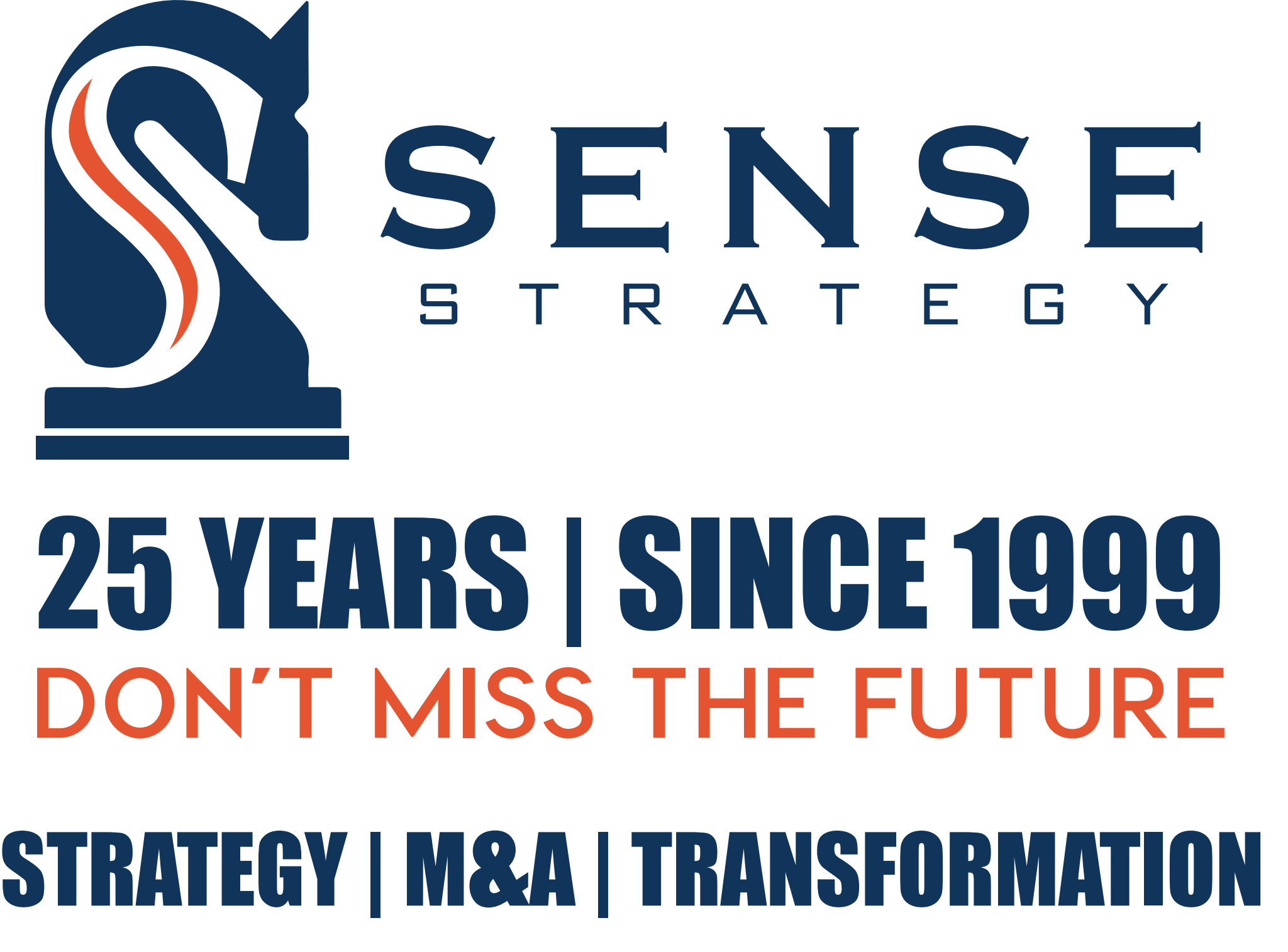LEGACY OF INNOVATION
Two of the most well-known rules in the global ICT industry are “For every ten percent increase in broadband penetration there is a 1 percent increase in GDP”, and “For every doubling of broadband speed, there is a 0.3 percent increase in GDP”.
Both were devised by Mr. Almqvist, and have inspired governments and the private sector globally to invest in connectivity bridging the digital divide, strengthening the competitiveness of nations and companies, thereby lifting people out of poverty creating a new knowledge-based, empowered generation of men, women and children.
In a world teetering on the brink of vast technological advancements and ethical dilemmas, voices like Erik Almqvist’s are not merely refreshing but imperative. My profound connection with Erik offers a glimpse into the future through the lens of a legacy marked by innovation and altruism.
Born in Sweden and now based in Dubai (UAE), Erik, founder and CEO of Sense Strategy and owner of the Almqvist Family Office, has made global waves with his contributions to strategy, innovation, and digital transformation, especially in challenging environments across Africa, the Middle East, and Asia. Notably, he pioneered the world’s first scientific calculation of the socioeconomic effects of broadband speed upgrades, co-authored continental blueprints for the economic growth, cybersecurity, and social and digital progress of Africa, with his team wrote the national broadband plan of Sierra Leone, coauthored one of the most well-known smart-city indices in the world, aided energy strategy and transformation in Europe and the Middle East, orchestrated the financial rescue of Mobily in Saudi Arabia, helped propel the Stockholm School of Economics from unranked to a top 14 position in the world, rescued the Stockholm School of Economics in Riga, Latvia and assisted in the early growth and success of the world’s first internet bank. Erik’s spirit was shaped from birth. “I come from an innovative, entrepreneurial, and explorer family,” he shares. He highlights his greatgrandfather Sven Alexander Almqvist’s collaboration with Ludvig Nobel (older brother to Alfred Nobel) in 1878 to build the world’s first oil tanker. “What impresses me, apart from the feat of building something novel that no one had done before, is that they decided not to patent it but to give it as a blueprint to mankind to copy freely. In fact, they named the first generation of tankers after various religions and philosophies (The Zoroaster, The Buddha, The Mohamed, and The Socrates), as they believed it was for all to share.” That story resonates with me, as I believe in the impact of altruism combined with genius on global progress.
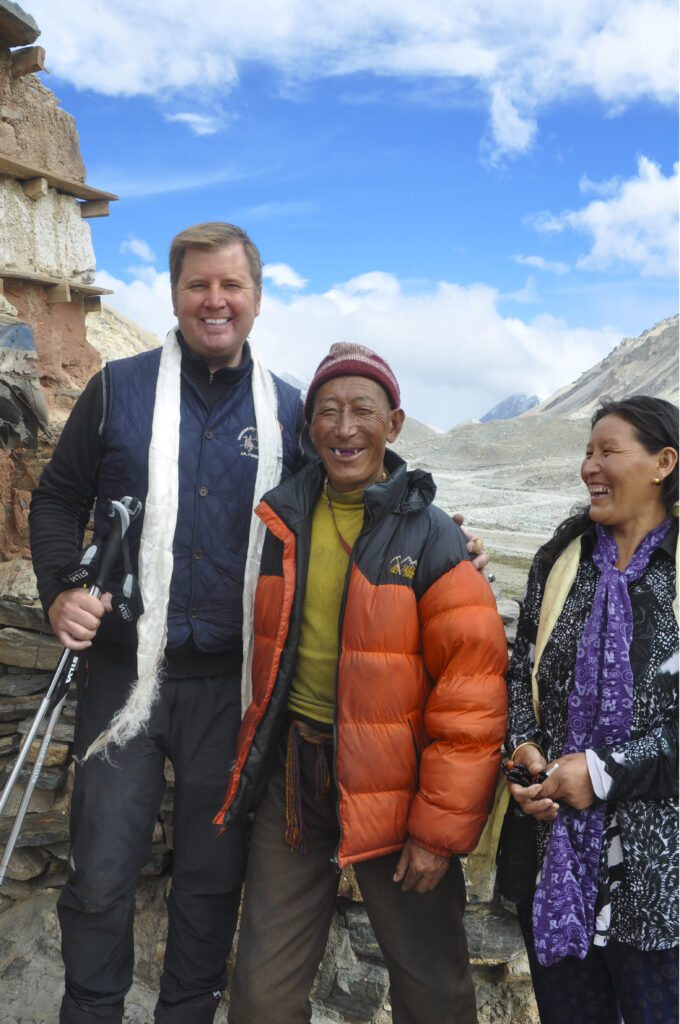
The Almqvist family crest predates the invention of the world’s first oil tanker and stands for growth through knowledge, which has been deeply ingrained in Erik since childhood and the cornerstone of his journey.
Influenced by a blend of philosophical skepticism, existential freedom, and Stoic harmony, Erik’s worldview emphasizes compassion, ethical action, and the pivotal role of every individual in societal progress, principles that have driven his global consultancy’s mission. In 1999, he founded Sense Strategy, which has completed projects in 114 countries to date. From his travels and work in over 70 countries, his worldview is unwavering: “The best societies are those where inequalities are not extreme between the rich and poor, men and women, between ethnicities, and so forth.”
That leads me to ask Erik why Sweden dominates global innovation rankings. I’m curious whether Sweden’s incredible innovation stems from cultural, societal, or philosophical aspects unique to the country, prompting its remarkable innovation achievements despite its size. Erik explains: “It’s the relative value of every person.” He credits Sweden’s innovative edge to its deep-rooted values of equality, community responsibility, and the high value placed on individual contributions, reflecting a culture where necessity and collaboration fuel progress.
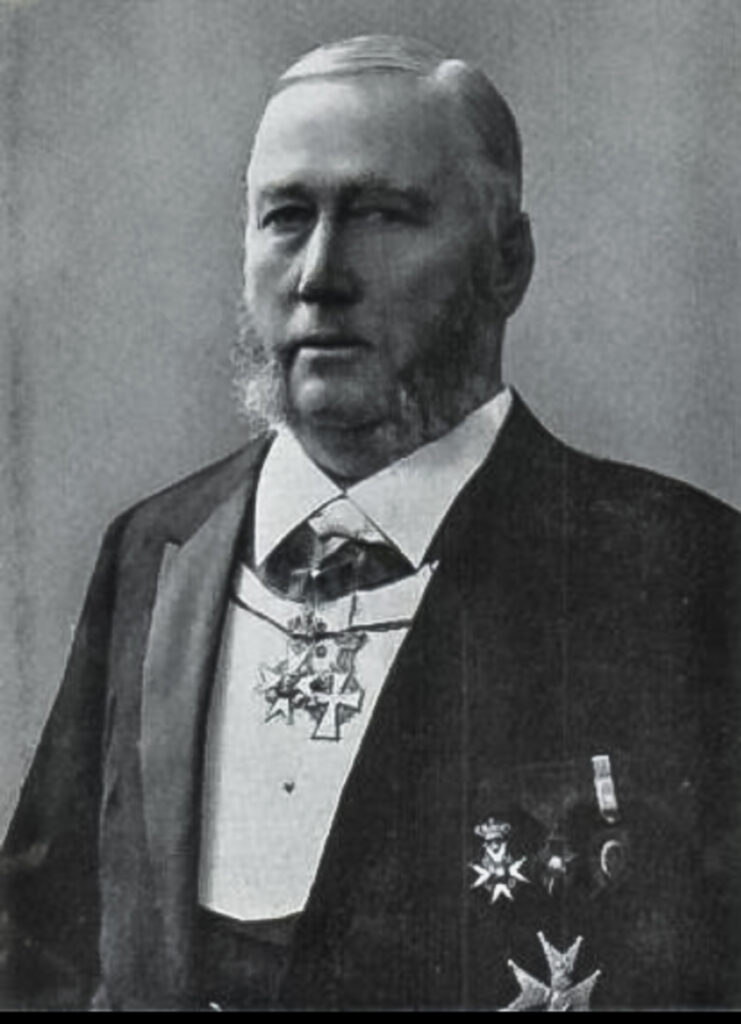
Reflecting philosophically, I note the U.S. economy’s post-war boom as a golden era of growth, marked by a flourishing middle class and substantial investments in education and health, fueled by high taxes aimed at societal progress. Yet, from the 1980s, wealth redistribution began favoring a pyramidlike hierarchy, eroding the middle class. This shift created a stark disconnect between technological innovation in areas like San Francisco and the tangible benefits to the broader population. Erik urges: “The emergence of a strong middle class is absolutely crucial for society. If a country doesn’t have one, that’s a recipe for deep tensions, instability, and ultimately (possibly violent) social upheaval”.
He adds: “Paradoxically, one of the greatest blessings a country can have is the absence of raw materials. This means you have but one asset to invest in: people. Investing in people is the key to sustainable growth and an equitable society. You must reinvest in people and technology and make your country attractive to others to trade with and invest in. If you fail to reinvest in people and only invest in the raw materials, you create a very thin layer between the ruling class and the people who carry out the work. That’s a recipe for tension and instability. Singapore, Luxembourg, and Ireland have among the highest per capita incomes in the world; two of the three have near zero natural resources, and all three invest in highly skilled workforces and policies, making their jurisdictions attractive.
As a global speaker, I challenge audiences to rethink what defines the future, suggesting it’s not just AI and blockchain but trust, truth, and ethics. In our digital era, while technology advances rapidly, the true value lies in non-digitizable qualities like empathy, love, and creativity. These, I argue, are the essentials we need to nurture. Ethics and compassion are not weaknesses but the core of our humanity, guiding how we live, educate our children, and interact daily.
Erik’s perspective on what lies ahead resonates deeply with my own beliefs. He articulates this through his observations on AI. He says: “AI is potentially a threat to humanity as it learns from each question. As of today, there’s no stop button. As with all technology, AI can be used for good or malicious purposes. With proper ethical regulations in place, AI can be an opportunity to solve the planet’s most urgent challenges. It can also eliminate inequalities by empowering young and old, men and women.” He adds a cautionary note: “Although we live in an era of unparalleled opportunities, there are grave risks, and it appears we are heading into a more violently disruptive era before it becomes better.”
Therein lies the foundation of Erik’s company, which deeply reflects my own principles and ideals. “I am myself a seeker. As a seeker of knowledge, truth, justice, balance, and innovation, I founded Sense Strategy 25 years ago to focus on knowledge, strategy, technology, and transformation. Our work, particularly in Africa, involves harnessing technology to uplift real and digital economies, making a tangible difference in people’s lives.”
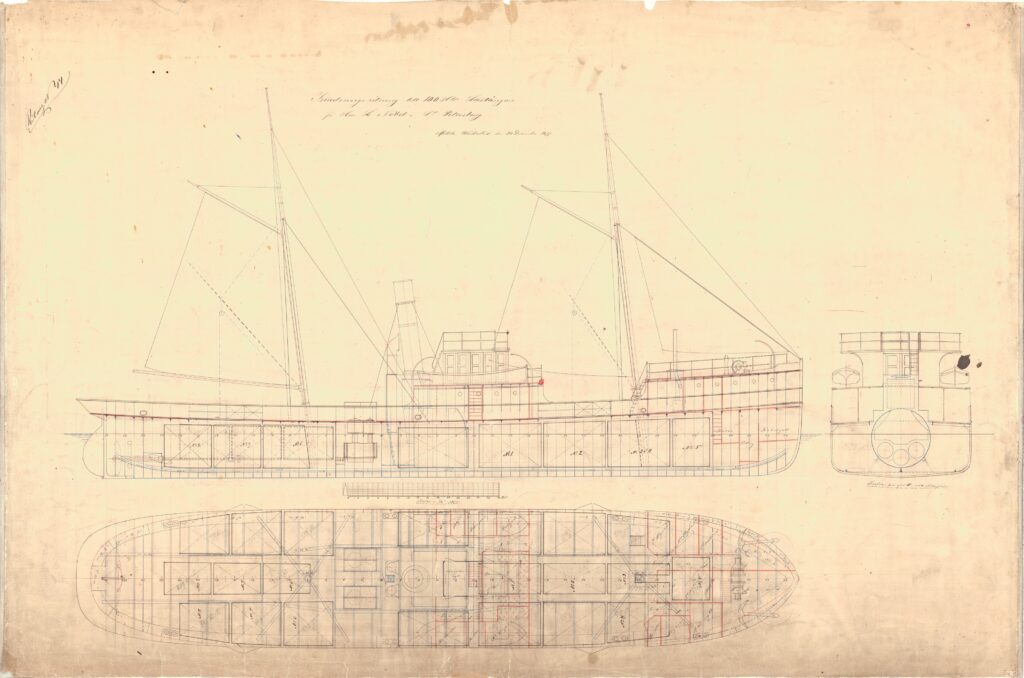
He highlights the necessity of a shared vision and genuine values as the foundation for substantial transformation, focusing on purpose and value to customers and society. In his words: “The pandemic underscored the chasms in our society; it’s not just about creating technology but ensuring its reach is near equally distributed, bridging the digital divide and the haves and have-nots.”
Our conversation naturally steers toward the moral underpinnings that guide Erik’s vision. “Action, not mere thought, has always resonated with me. It’s not enough to ponder; we must act ethically and purposefully.” Erik underscores a profound truth that I advocate: the future is sculpted by our deeds and the tangible contributions we make toward a more equitable and enlightened world.
Erik shares a reflective vision of his legacy: “The best perspective on life you can have is if you picture yourself already half into the grave. On my 90th birthday, I hope to reflect on a life marked by meaningful contributions that have left the world a better place. Inspired by my grandfather’s calm and composed demeanor at life’s end, I’ve realized the importance of living not based on petty societal comparisons but focusing instead on impactful actions. My ultimate goal is to approach my final moments with no regrets, knowing that my efforts, in some humble way, improved our world for future generations. This perspective is my compass and guiding light to living a fulfilling life.”
What message-in-a-bottle would he leave? It is simple and profound: “In our time of accelerating change lie the greatest opportunities and the gravest risks. What we do in life echoes in eternity.” He ends our conversation with a thoughtprovoking quote by Nelson Mandela: “It always seems impossible until it is done.”
In Erik Almqvist’s words and actions, we find a beacon of hope and a roadmap for a future where technology and humanity coalesce, ensuring a legacy of prosperity, equity, and ethical progress for future generations.
